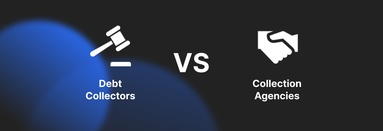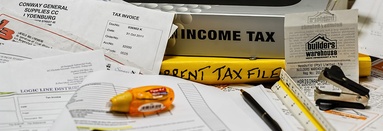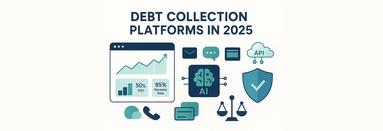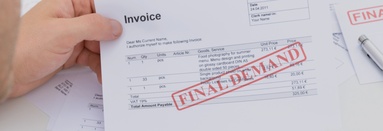How a Debt Collector Can Help Your Business
A debt collector plays a crucial role in recovering past-due debts for businesses. By collecting outstanding payments, they help maintain a positive cash flow, which is vital for operations, expansion, and profitability. Here’s how a debt collector can benefit your business:
- Expertise in Collections: Debt collectors possess specialized knowledge in effective collection techniques and legal procedures. Their teams are trained to handle collections professionally, ensuring compliance with federal and state laws.
- Protecting Your Brand: When you attempt to collect debts yourself, there’s a risk of damaging customer relationships. An experienced debt collector employs tactful and professional strategies to avoid jeopardizing the image of your business.
- Cost-Effective Solution: Hiring an in-house collections team can be expensive. Partnering with a debt collector offers a cost-effective solution where you pay based on successful collections, minimizing upfront costs.
- Legal Support: If necessary, a reputable debt collector will provide resources for filing claims or escalating collection efforts through the legal system. For instance, in cases involving fraud or substantial debts, they can assist in filing complaints or representing you in court.
When choosing a debt collector, ensure they adhere to fair practices and use ethical means to secure owed payments. It’s also essential to verify their success rates and experience in working with businesses similar to yours.

Commercial Debt Collection
While consumer debt collection is focused on individual debt recovery, commercial debt collection involves collecting debts owed by other businesses. The methods and regulations governing commercial debt collections differ from consumer debt collections in significant ways.
A commercial debt collector often works with larger accounts and complex cases that require a deep understanding of business finances and contractual agreements. For instance, they may handle cases involving unpaid invoices, credit reporting, and certified mail requests to ensure a formal, documented trail of communication.

Credit Reporting Company
In commercial collections, a debt collector may work with a credit reporting company to ensure any unpaid debt is accurately reflected on the debtor’s credit report. This action can motivate businesses to settle their debts to maintain a strong credit profile. State laws and federal regulations still play a role, but a commercial debt collector often has more flexibility in the collection methods they use with corporate debtors.
For large enterprises, commercial debt collectors can streamline the payment recovery process, freeing up time and resources for core business functions. By outsourcing collections, businesses can maintain their financial health without allocating internal resources to a challenging and time-intensive task.
How Retrievables Can Help
Retrievables is an innovative debt collection marketplace that connects businesses with qualified debt collectors and attorneys best suited to their needs. Unlike traditional collection agencies, Retrievables offers a unique marketplace where businesses can select agencies specializing in various industries and collection scenarios. This targeted approach ensures more effective results and increases the likelihood of recovering unpaid debts.
Retrievables Advantages
- Custom Solutions: Through Retrievables, businesses can find a debt collector who aligns with their specific industry, size, and debt volume, ensuring customized approaches to debt collection.
- Legal Expertise: The platform collaborates with attorneys experienced in debt collection laws, offering services like demand letters written by professional debt collection attorneys.
- Transparency: Retrievables prioritizes transparency by sharing debt collectors’ success rates and client reviews, helping businesses make informed choices.
- Efficiency: The marketplace approach allows businesses to quickly identify the right debt collector, accelerating the debt recovery process.

Fair Debt Collection Practices
Governed by the Fair Debt Collection Practices Act (FDCPA), debt collectors must adhere to a federal law that is intended to protect both businesses and consumers by establishing clear standards for acceptable collection practices. This law prohibits harassment, deceptive practices, and obscene or profane language in collection efforts. Additionally, a debt collector must provide a validation notice within five days of initial contact, explaining the debt details and the consumer's right to dispute it. Understanding these rules helps businesses ensure they work with compliant, reputable debt collectors that protect both the company’s and the customer’s interests.
Additional Considerations When Engaging with a Debt Collector
- Clear Record-Keeping: Accurate documentation is vital when engaging with a debt collector. Maintain records of all communication, including letters sent by certified mail and return receipts for any disputed debts.
- Familiarity with State and Federal Regulations: Laws vary by state, so understanding both federal laws like the FDCPA and any additional state laws governing collections is critical.
- Dispute Resolution: Sometimes, a debtor may dispute the debt. In such cases, a debt collector must provide a dispute letter response, halting further contact until the debt is verified.
- Consumer Rights Compliance: Whether collecting from consumers or other businesses, ensuring that the debt collector abides by debt collection rights and avoids aggressive tactics like repeated calls or using profane language helps preserve your reputation and avoids legal repercussions.
- Evaluation of Debt Collection Fees: Debt collectors typically work on contingency fees and charge a percentage of the recovered debt. Evaluate these fees against the potential recovered amounts to ensure the arrangement aligns with your financial goals.
- Impact on Credit Reports: When debts remain unpaid, a debt collector may report them to a credit reporting company, affecting the debtor's credit score. For business owners, this tool can be useful in motivating debtors to resolve their balances.
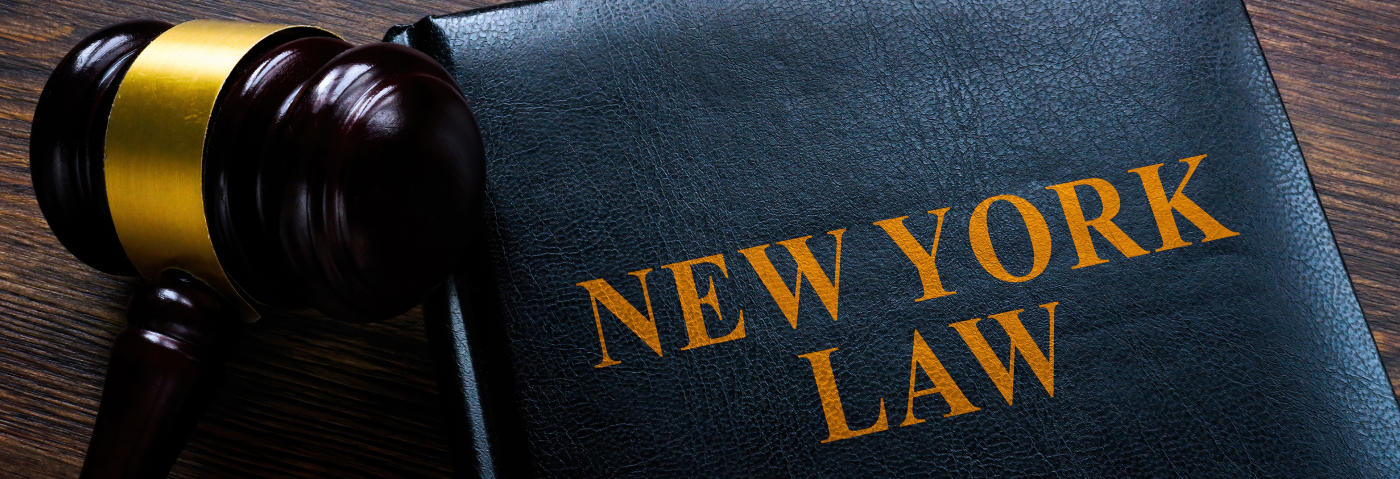
Conclusion
A debt collector provides an essential service for businesses of all sizes, from startups to large enterprises, by helping them recover past-due debts and maintain positive cash flow. By partnering with a reputable debt collector, businesses can handle the recovery process professionally and ethically, avoiding the risks associated with self-collection efforts.
Additionally, innovative solutions like Retrievables offer businesses more control over the debt collection process, allowing them to select the best debt collector or attorney for their specific needs.
With a professional and compliant approach to debt collection, businesses can protect their bottom line and secure the revenue needed to thrive. Whether you’re working with a traditional agency or leveraging a modern debt collection marketplace, debt collectors can be valuable partners in managing unpaid accounts and safeguarding your business’s financial health.



